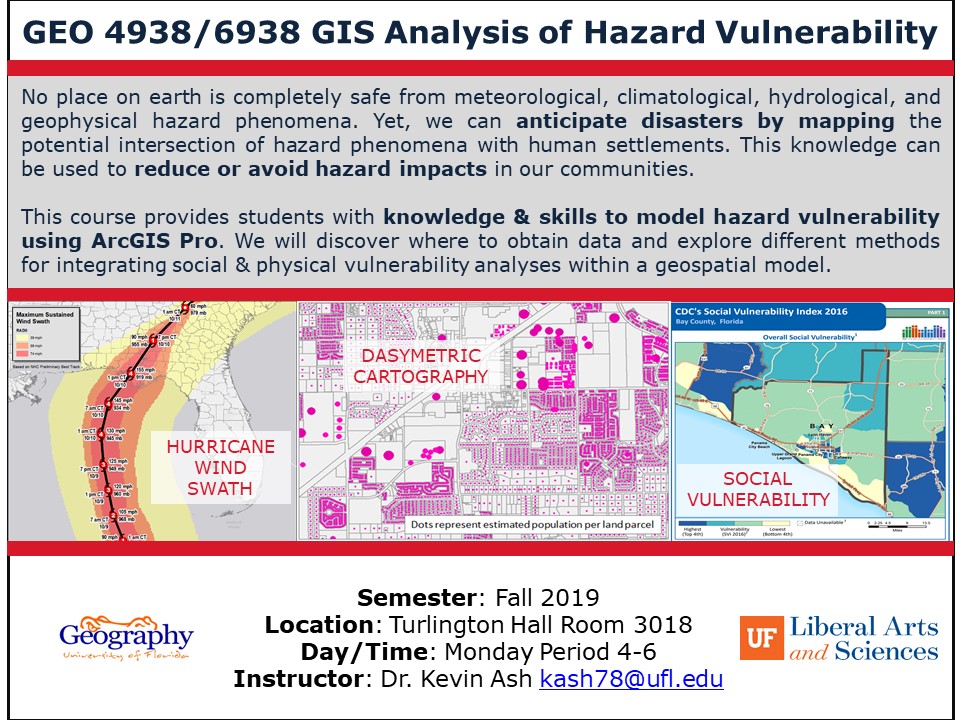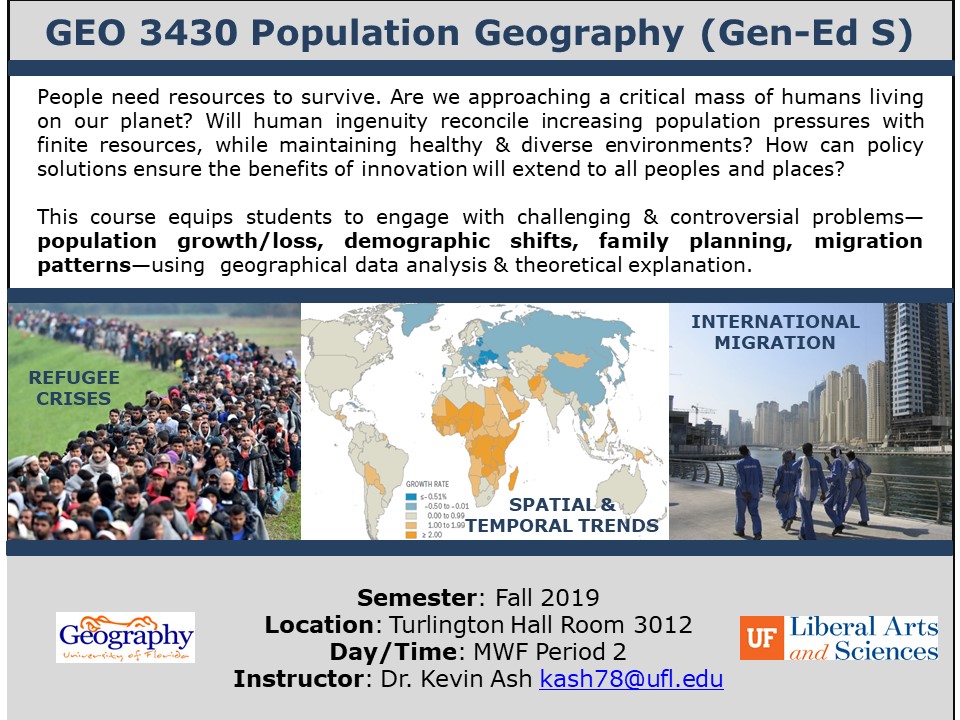Congratulations on receiving tenure and promotion!
We are delighted to congratulate our colleagues Dr. Anwar Sounny-Slitine, Dr. David Keellings, and Dr. Kevin Ash who received tenure and promotions this summer!
Read more "Congratulations on receiving tenure and promotion!"








